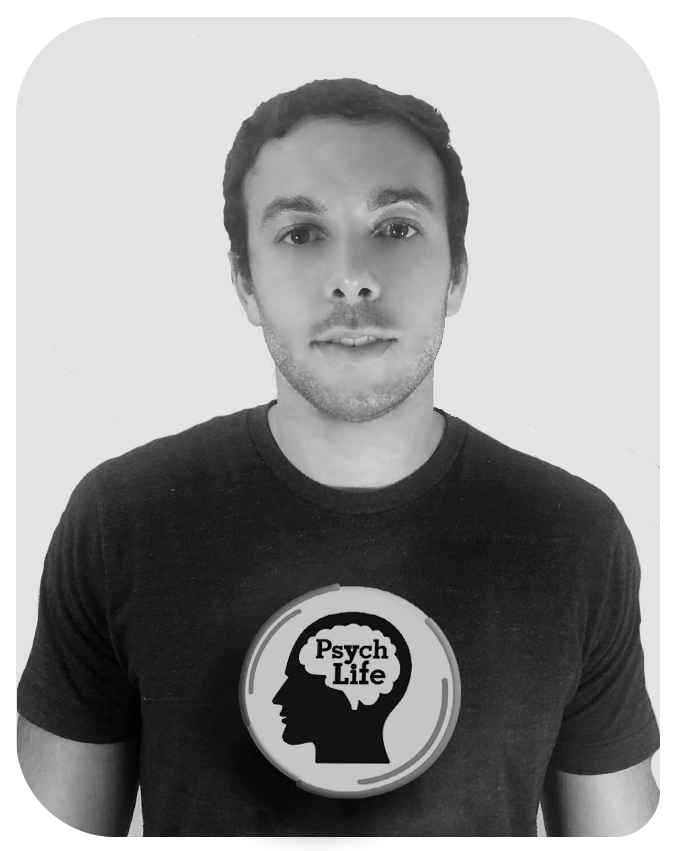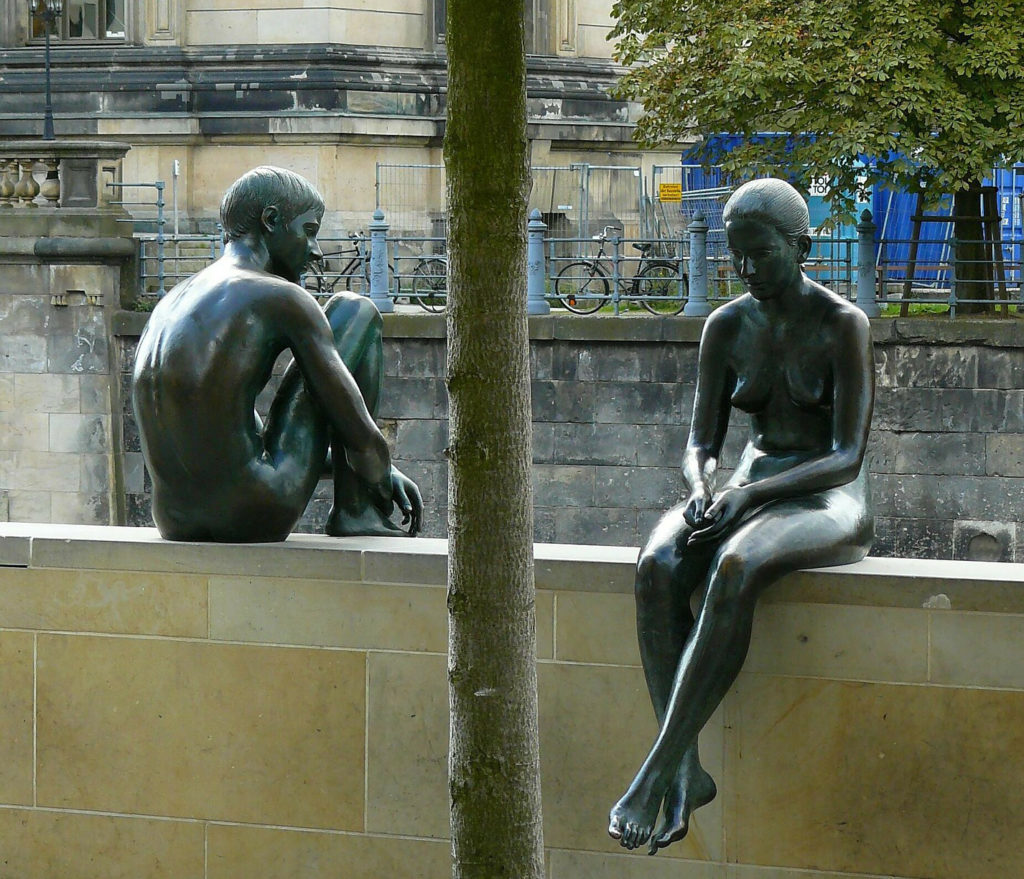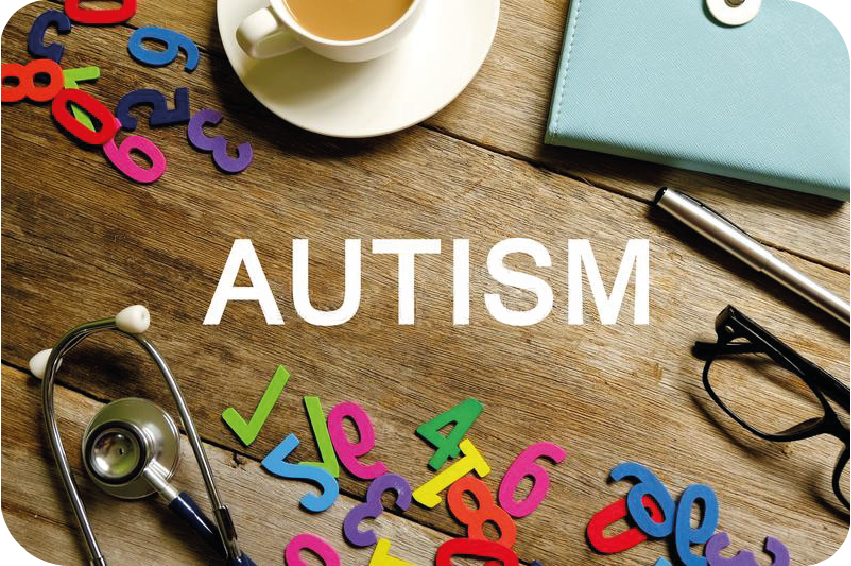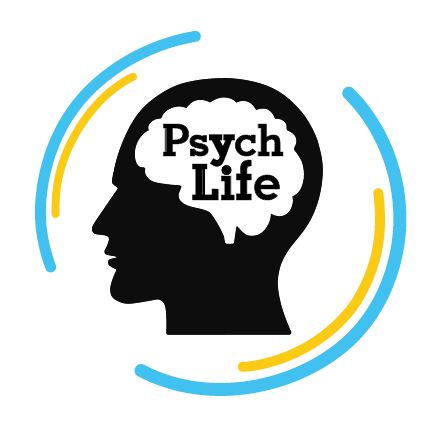
- April 15, 2020
- 11:51 pm
Personal theory of Human nature
Humans are marvelous creatures. The ability to use complex grammar, and analyze difficult concepts is one of the many characteristics that make our species unique. On the same token just like the animals, humans dislike being caged, restricted, or trapped. Liberty is of the essence for human satisfaction, and happiness. Before a human can decide what decision to make, he/she must be able to make a decision to begin with.
The power to have the liberty to make decisions, simple as what to eat, what to wear, or even where to go is the fundamental principle of human happiness. Thomas Jefferson once stated “Under the law of nature, all men are born free, everyone comes into the world with a right to his own person, which includes the liberty of moving and using it at his own will”. When an individual’s liberty is compromised due to government tyranny, financial incapability, physical or mental obstruction, it can lead to deep mental instability. Understanding the concept of Liberty, the ability to be able to make decisions for your self is the base for a healthy mind state and the basic principle of human nature.
According to Yalom “psychological dysfunction results from the individual’s refusal or inability to deal with the normal existential anxiety that comes from confronting life’s “givens”: mortality, isolation, meaninglessness, and freedom”. Realizing that we have freedom or that we are essentially alone in the world can be a scary thought to a human being who tends to analyze heavily. The point of life is to accept this notion, instead of rejecting it. Everyone has the freedom to choose who they are going to be in life, however; this may go unaccepted because making changes is difficult; it may appear easier and un-stressful to make decisions that one will not be responsible for.
Many people will remain unaware of alternative choices in life for various societal reasons. We must always remember that indecision or inactivity is an action. Once an individual acknowledges that they have all the freedom in the world, they may begin to exercise that freedom and start searching for meaning in their life. Many times that meaning comes in the form of dream chasing, or just doing as they desire.

All individuals have the power to be any person desired, no matter the circumstances born in. There is no doubt humans are a product of their experiences, but what people forget is that individuals are capable of choosing what experiences affect them. Understanding that we choose to be who we want no matter what are circumstances are, is knowledge which can alter a person’s life. The younger a person learns that the sky is the limit, the faster he/she can start capitalizing on their dreams and striving for an identity. An individual taking personal responsibility for their future, pursuing who they want to be, is essential for human nature and internal happiness. A famous existential psychologist by the name of Emmy van Deurzen once stated “I consider Human nature to be open-minded, flexible and capable of an enormous range of experience.
The person is in a constant process of becoming. I create myself as I exist and have to reinvent myself daily”. Dr. Deurzen believed humans are meant to have many experiences and an individual never stops the process of growing unless chosen to do so. Striving for personal identity takes courage, courage to face fears of change. Many times people have dreams that they may share with others, and if the dream isn’t congruent with the beliefs of the other individual, criticism will be involved. Not only does the dream get shattered, an individual may go through a phase of aloneness. I firmly believe aloneness is a great feeling, because when experienced, the realization that we are born alone and die alone comes into reality.
It is part of human nature to experience aloneness, and when experienced, an individual should accept the feeling instead of attempting to rid of it. Not to mention, we all have different dreams, which is the beauty of liberty. No dream, desire, or action is incorrect as long as it does not hurt, or interfere in the life of another individual.
From birth humans are taught what to be perceive. Perception is persuasive on the mind and triggers all sorts of emotions, and beliefs. Perception leads to social constructs, which is defined as “an idea or notion that appears to be natural and obvious to people who accept it but may or may not represent reality, so it remains largely an invention or artifice of a given society”. Before humans interact with young children we should always be careful to impose our beliefs on to a clean mind.
When you walk in the first day of math class, the board is empty, but as the days go by the teacher writes and writes information on the board in which we absorb and eventually assimilates in our minds with our belief system, knowledge, and the way we perceive the world. Well picture the babies brain as a clean board, in which, gets written on with information on how the world “is” day by day. Existential thinkers such as me seek to avoid restrictive models that categorize or label people. Instead we look for the universals that can be observed cross-culturally. “Humans are 99% of the same genotype; the 1% difference is what makes us look mildly unalike.
Understanding this scientific fact should make everyone realize that focusing on the differences among each of us would mean missing the bigger picture, about 99% of it. Perception is powerful, and our waking conscious that we wake up with every morning tends to “Perceive differences rather than similarities, see things for the negative rather than positive, and see limits presented by the external world rather than inner contents”. The fact is our ego tends to want to know everything, believing in the finite, rather than the infinite.

The more we focus on the differences, the less psychologists and counselors can help a person. Existentialist like me tend to understand the bigger picture, which is that we are all humans, acceptance of the ambivalent nature on things, and the Universe is infinite, so infinite that the mind will never be able to comprehend. The possibilities for an individual are endless, no matter the circumstances.
The search for meaning is important to human nature. Finding a purpose in life can be difficult but can bring heavy significance to a person’s life. Viktor Frankl once coined the term “Existential Vacuum; the feeling of meaninglessness in life can lead to emptiness and hollowness”. Meaninglessness can come by feeling trapped in a life in which a person does not want to live in, or just not having a purpose. Finding meaning can give a person purpose, and can make an individual look forward to life and all it has to offer. Possibilities are infinite, but life is finite, concluding the notion that what we do in the here and now does matter. We must avoid being trapped like a robot, in just performing behaviors without any meaning. Our human nature calls upon living life to the fullest, making me a firm believer in helping individuals find personal answers to what gives them meaning, or purpose in life
Anxiety is a natural part of life for a human being. Freedom and the understanding of liberty can cause a person to be anxious due to an event being faced, or even because of something concrete that cannot be changed. Yalom termed Existential Anxiety as “the unavoidable result of being confronted with the givens of existence-death, freedom, choice, isolation, and meaninglessness”. Human beings always go to a counselor or therapist with the idea of ridding anxiety, but the truth is that it is much healthier to confront it. Avoiding anxiety may create the illusion that we are secured, and we have all the knowledge in the world but running from the truth is worse than facing it, because feeling of frustration may arise if we do not change our old ways. Facing freedom is beautiful, that comes with the presentation of possibilities, and choices.
The awareness of death is inevitable, and most humans attempt to hide from it. Death should not be viewed as a negative, because the acknowledgement of death can motivate us to appreciate the moment and to follow ones dream. “Our awareness of death is the source of zest for life and creativity. Death and life are interdependent, death destroys us, but the idea of death saves us”. The fear and un-acceptance of death can cause us to live a life of fear. Toleration of death can help us realize that our behaviors do count, we have the freedom to take action on choices, and we are ultimately responsible for our own life. Giving of credence to death can bring a positive beam to our life and open up courage as motivation internally.
A person is made of physical, psychological, social, and spiritual components. The physical component is our body, and the will to dominate or interact is a positive way with the environment. Humans tend to aim for security in the physical dimension (wealth, health) but the reality is that security is temporary, ultimately full control over the environment is just an illusion and recognizing this concept can release us from tension.

The Psychological aspect includes views about our past experience and our future possibilities. Every individual is important in his/her way but eventually our identity will be questioned by ourselves due to death or other factors. Understanding our personal identity is key for satisfaction in the psychological component and can free us from lack of self-confidence. The social dimension includes our response to the culture, or societies we live in, as well as to the class and race we belong to. Having positive relationships with others.
Being important to another person is part of human nature, but we must always be careful not to be attached since the personal relationship we have with ourselves is the most important. Existentialist acknowledge that humans model and develop ideas from those around them due to what is accepted or not, but the reality to this component is that we all eventually die alone and their-forth should chase our dream. Lastly the Spiritual aspect of the self is relating to the unknown, and creating a philosophy, or idealism about life. Usually the spiritual side is the quest for soul, or something to experience life after dying. All these four components are part of an individual’s life and cannot be separated from a person.
Liberty is the main concept when it comes to human nature and the existential approach. Before we can follow our dreams and be who we want to be, we must first be able to make a decision (liberty). Once a human acknowledges that there is liberty, the power within them can come forth, and the realization that there is an infinite amount of ways to perceive a situation or circumstance. An individual can fulfill their life under a different spot light, and take action toward anything they desire. It is essential for an individual to exercise all four dimensions of themselves; the physical, psychological, social, and spiritually. Life is infinite, and in the end, we are born, we live, and we die.
About the therapeutic process:
The goal of the therapeutic process using the Existential approach is to help clients learn when they are deceiving themselves in being who they are not, to help them become authentic. Authenticity is “the courage to be who we are” . Helping the client take responsibility for personal freedom, while opening their mind to the possibility of writing a new destiny for themselves is the ultimate goal. Of course freedom has its limitations, because although we are free to make decisions, we are not from conditions. The client being guided toward the acknowledgement that a combination of decisions, can free us from certain conditions and restrictions is an endeavor of the therapeutic process. External reality limits our freedom to act, but each act helps people toward a private internal reality to be who desired.
Existentialist will help the client get through a mindset called Restricted Existence; a limited awareness of nature as well as themselves. Increasing internal awareness, in the pursuit of authenticity, to discover that alternate possibilities exist. At times humans tend to feel trapped, or helpless, as a result, a human may see few options for resolutions, or possibilities. The goal of the therapeutic process is to instill a mindset of infinite possibilities to the client. Helping the client navigate as well as become the captain of his/her own ship.

My role as a therapist using the existential approach is different, uncertain, and creative for each client. Russel once stated “There is no one right way to do therapy, and certainly no rigid doctrine for existentially rooted techniques, what is crucial is you creating your own authentic way of being attuned to your client”. Assisting clients in viewing the ways in which they constrict their awareness and the costs of such constrictions is the goal of the therapist. The therapist attempts to help the client view their daily problems through different lenses, and to accept personal responsibility for problems instead of blaming others. Blaming others does not form solutions, on the other hand personal actions do.
Effective therapy does not stop once the client creates an awareness of responsibility in utilizing personal liberty. It continues by encouraging the client to take action using the insight obtained during the therapeutic session through experimentation in the external world. The therapist role will always be to allow clients to open new doors for themselves, which can be a scary, joyful, or exciting feeling.
As clients open new door ways of possibilities, they lose feelings of being trapped or shackled by the current circumstances standing in. Therapist must help the client confront situations rather than avoid them. The assisting of helping people face life with courage, and the finding of meaning in life is the role of the therapist. Helping clients find meaning in life, confronting problems, and showing them they are not helpless, will open up new horizons for the client, and is the role of the therapist.
The relationship between the therapist and the client is essential for a successful therapeutic process. “The relationship is important in itself because the quality of this person-to-person encounter in the therapeutic situation is the stimulus for positive change”. Existentialist express that the interpersonal and existential problems a client may have will expose itself in the here and now of the therapeutic relationship. If a client is having trouble opening themselves up to the therapist, it’s a reflection in the way the client is operating in opening themselves up to the external world.
The relationship is a journey for both the therapist and client due to the fact that the therapist dives in deeply to the perceptions and experiences of the client. A therapist will open up new perspectives for life, just as much as the client. Self-discovery and inner reflection hold no limits for the relationship. Therapeutic objectivity and professional distance, are not of the essence in the relationship, rather, existential therapist strive to create a friendly and caring relationship with the client.

Therapists who practice the existential approach firmly believe “their basic attitudes toward the client and their own personal characteristics of honesty, integrity, and courage are what they have to offer”. Honesty, as well as integrity, are important qualities a therapist must express in the relationship, because if a therapist can show these qualities, then the client can start being honest with themselves on what their dreams are, who they want to be, and in the pursuit of meaning. Courage is also a fundamental characteristic for the therapist, in hope that it can be transferred to the client for change, and acceptance of responsibility to exercise their freedom.
Respect is of severity for the therapeutic relationship, having complete faith in the potential of the client to handle their current circumstances, as well as open up new perspectives on the possibilities in front of them. The therapist must always be authentic in behavior, and in the expression empathy toward the client. If a therapist can be authentic, then it allows a base for the client to model.
The consequences of a therapist hiding truth or showing inauthenticity can have major negative implications for the therapeutic process. Not to mention the importance of a therapist to have a close relationship with the client. Bugental contends “therapists are too often so concerned with the content of what is being said that they are not aware of the distance between themselves and the client”. The therapeutic relationship offers a chance for the client to model authenticity, integrity, and responsibility for personal freedom. The presence of the therapist should enhance the clients’ motivation to confront their problems, and find meaning in life.
As an Existentialist I will not use a specific set of procedures during the therapy session, methods employed are based on philosophical views of human nature. My concern is more about the exploration, and understanding of the client rather than treatment or diagnosis. A diagnosis is a label that a client is given, there are many times a person receives a diagnosis, causing the person to live with that label for the rest of their life. Not only is that unfair, but unjust. During the therapeutic process I will explore the person’s point of view on life, as well as the individual’s desires, dreams, and reality.
To open up mindfulness that freedom is beautiful, and can be used in pursuit of fulfilling desires. Dr. Reiss once wrote “If we want to know what people will do, we should find out what they desire, and predict that they will want to satisfy their desires”. No to people enjoy the same desires in the same way. Personal assumptions on the importance of acknowledging liberty, freedom, and choices are what will guide my therapy sessions. Therapy session will be adjusted depending on the role I will have with the client. Before starting therapy I will always clarify my views on life, and living. Being authentic, and opening myself up the client will allow for a strong relationship before going inside the subjective reality of my client. The Therapy session is at its best when “the deepest self of the therapist meets the deepest part of the client”.

Although techniques vary on the uniqueness of the client, we can separate the process in to three phases. The first phase will consist of clarifying the assumptions the client has on the world. During the first phase the client will examine their beliefs, values, and assumptions to help question the ways in which they perceive the world. Phase one tends to be difficult on the client, because humans tend to want to blame the external world for their problems. Blaming the external world and others for personal problems is typical of many clients. My goal as an existentialist during the first phase is to help the client examine themselves, as well as show them they have had some influence on creating personal problems. “Uncertainty, anxiety, and struggling with decisions are all part of the process”.
The second phase consist of therapy process, is to go deeper in depth in to their value system, as well as their attitudes. Attitudes change when we realize liberty is part of existence. Challenging the authority in which the client’s value system stems from will occur. The client during this stage will decide if the authority system they have been following by authentic, as well as logical. The client gaining knowledge of themselves will allow for self-exploration that will lead to a restructuring of attitudes and values.
Realization will occur in essence that there is no “correct” way of living, they can pursue any dream they want. Life is full of choices, and creating an internally derived value system that is consistent with the way a client views themselves to be happy happens during the second phase.
When performing group counseling session’s existential therapy can be very useful. “The existential approach does not dictate a particular way of viewing or relating to reality; the approach is highly relevant in working with a multi-cultural context”. The focus of universality and that we are all humans with different wants is a for-front during therapy. It helps clients examine how their behaviors are influenced by social or cultural condition which allows for the opportunity to rid of these factors when making a decision.

Making decisions from an internal influence rather than external is the goal. In group counseling clients learn how their behaviors affect other’s lives, and enables clients to be honest with themselves. The idea is that if a client is behaving a certain way in a group, then it reflects how they are behaving when they step outside the doors of the session. The group allows for support for one another, and helps individuals find answers to their own questions rather than outside sources. A willingness to explore unknown territory is a beautiful thing a human being can do for themselves.
The existential approach concentrates on improving self-awareness so an individual can overcome the environment, but most of shows a person that they have freedom. Death is a positive force, which if confronted, can help us live life to the fullest, and that we all have a responsibility to exercise our liberty. Helping people is true to themselves and not live a scripted life is essential in the therapeutic process. The relationship between the client and the therapist is fundamental for a successful therapy, and not treating the process as a mechanical machine in which tends to dehumanize an individual is of the essence for a successful therapeutic process. The therapy process is a shared journey in which both the client and therapist will transform. Pope John Paul II once said “Freedom consist of not doing what we want, but in having the right to do what we ought”.
More to explorer

The Clinical Issue

Individual Development

The Adolescent Brain

The Mind & Brain Relationship.

